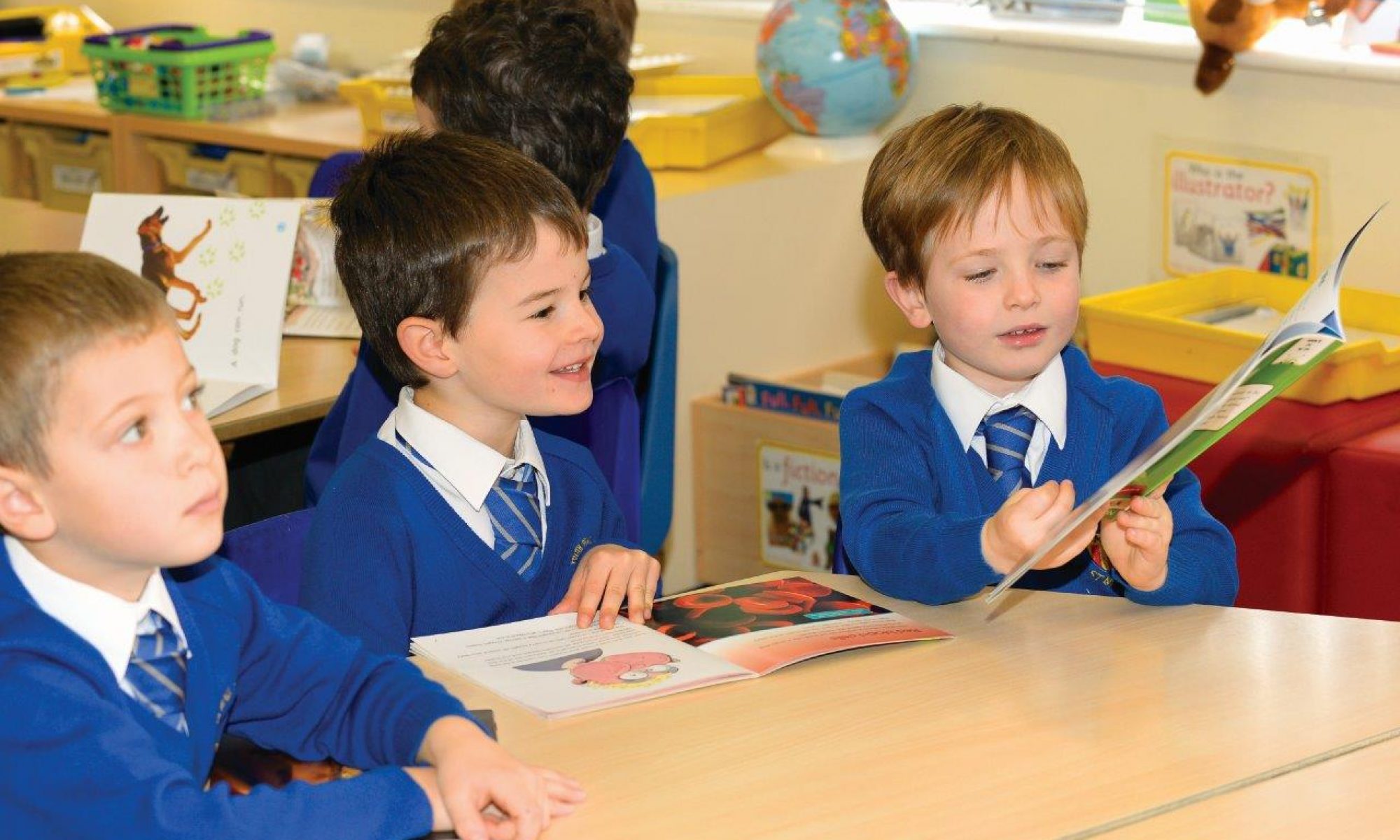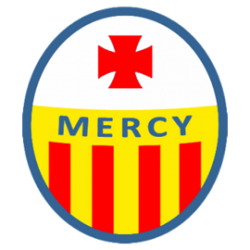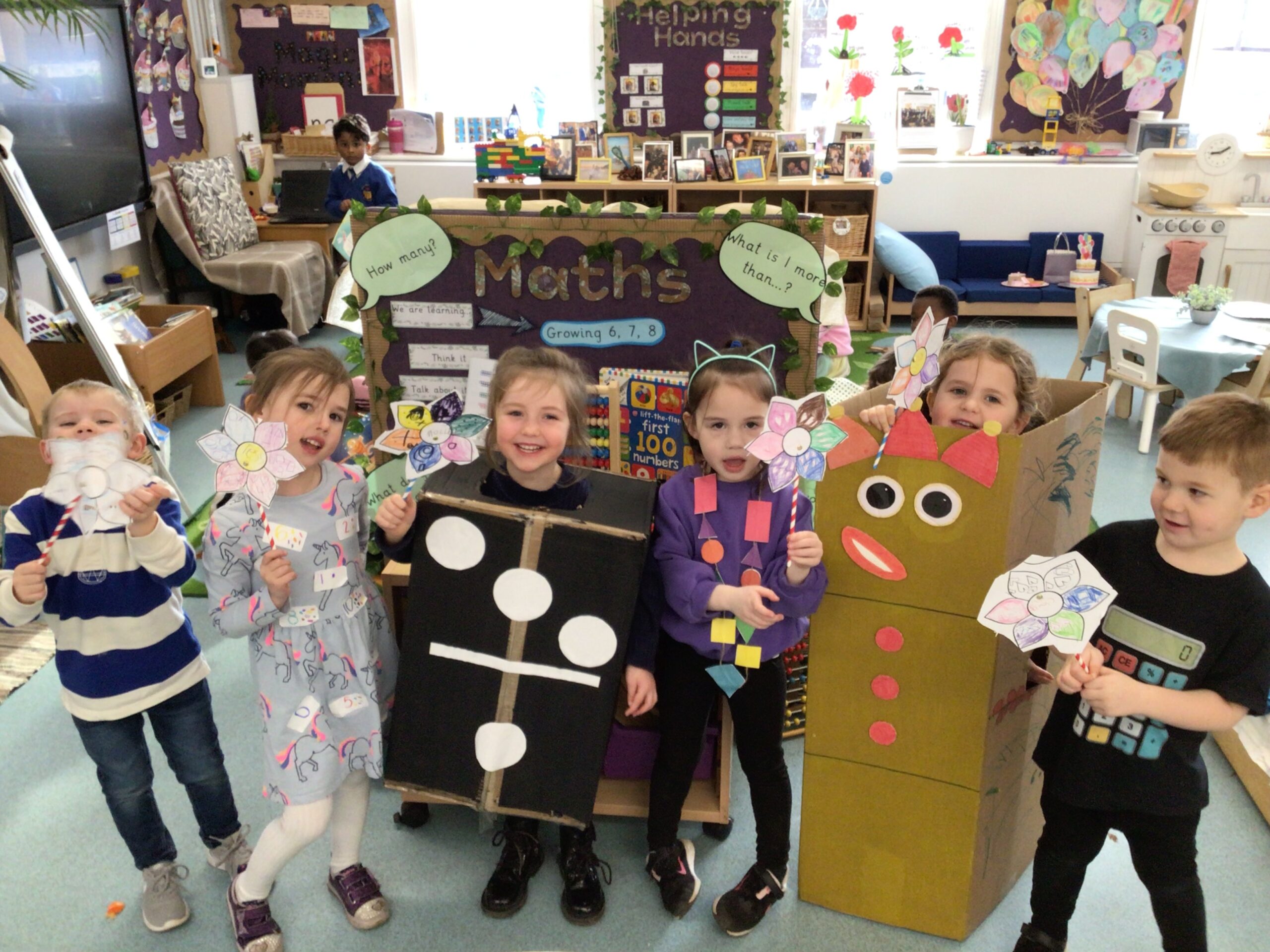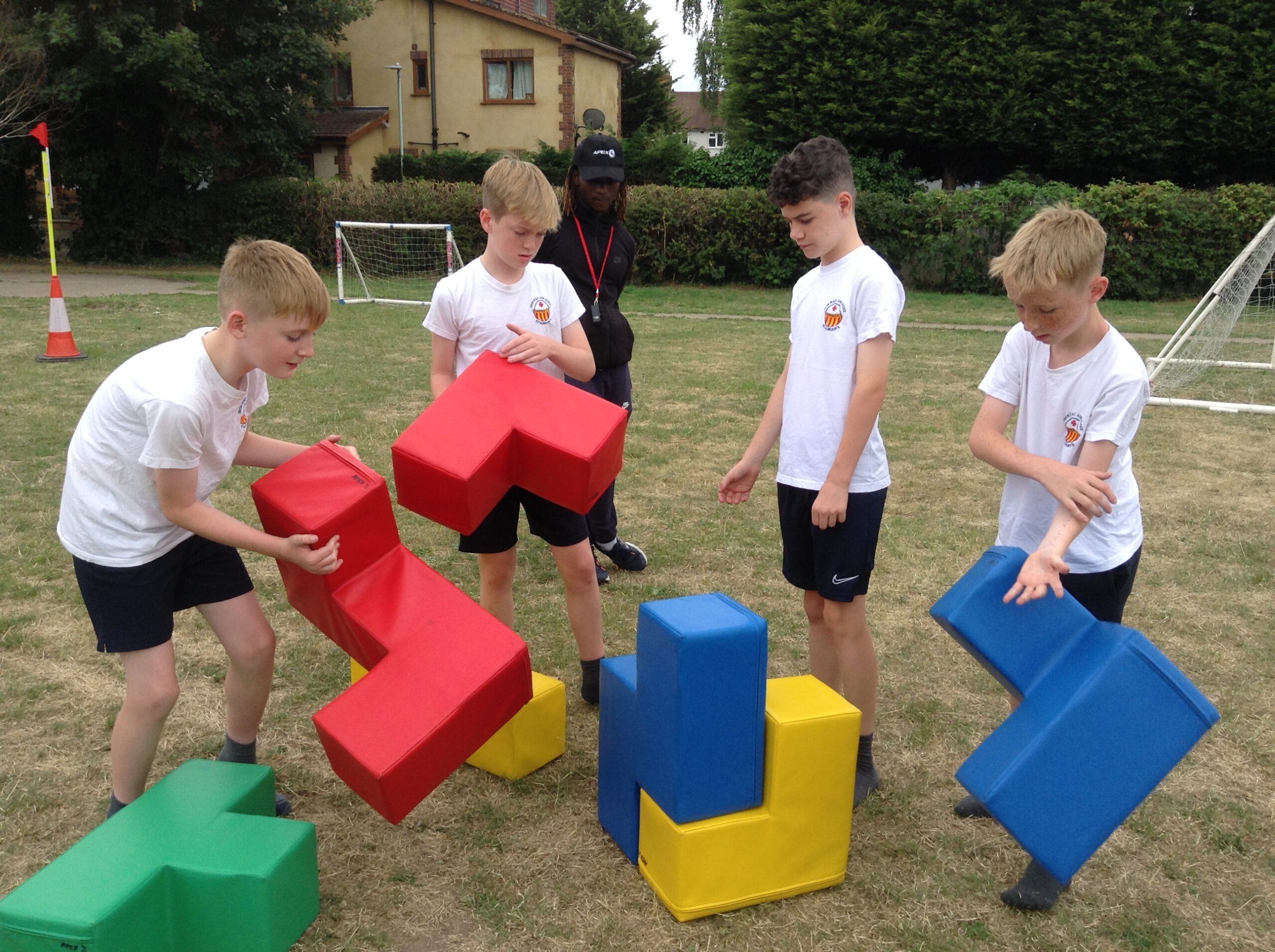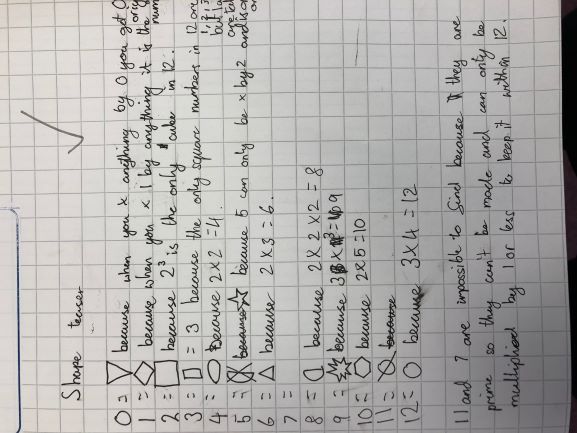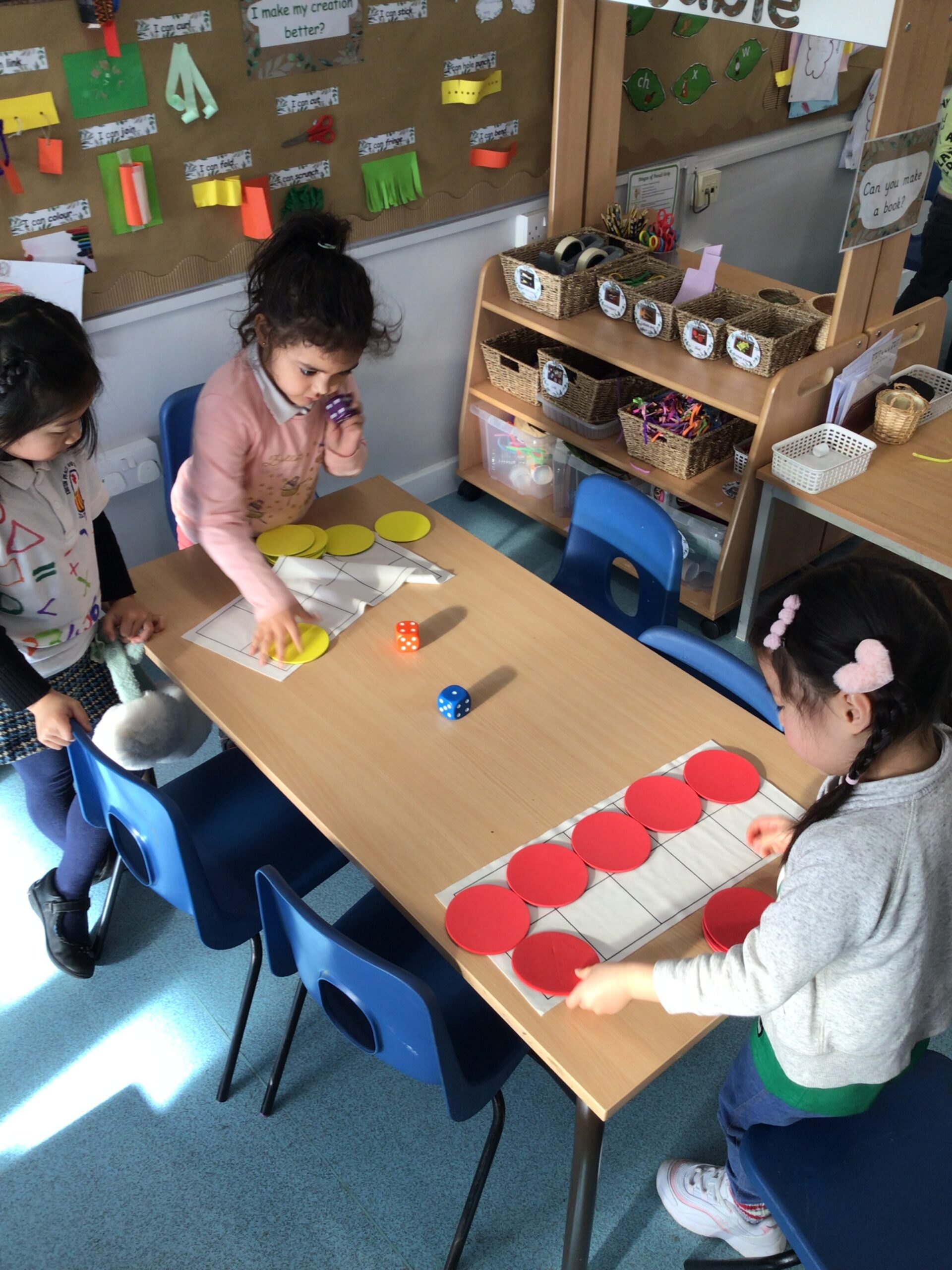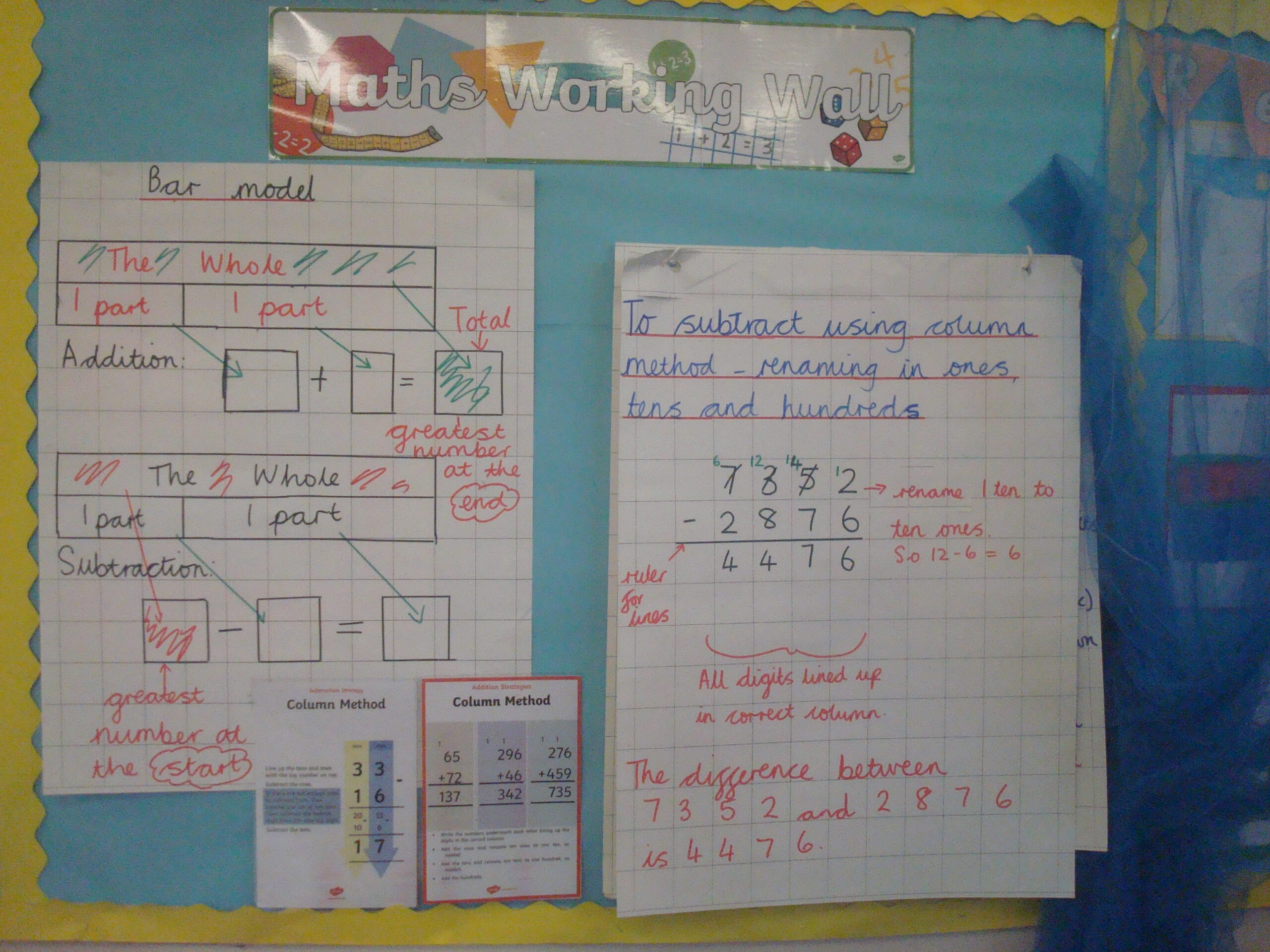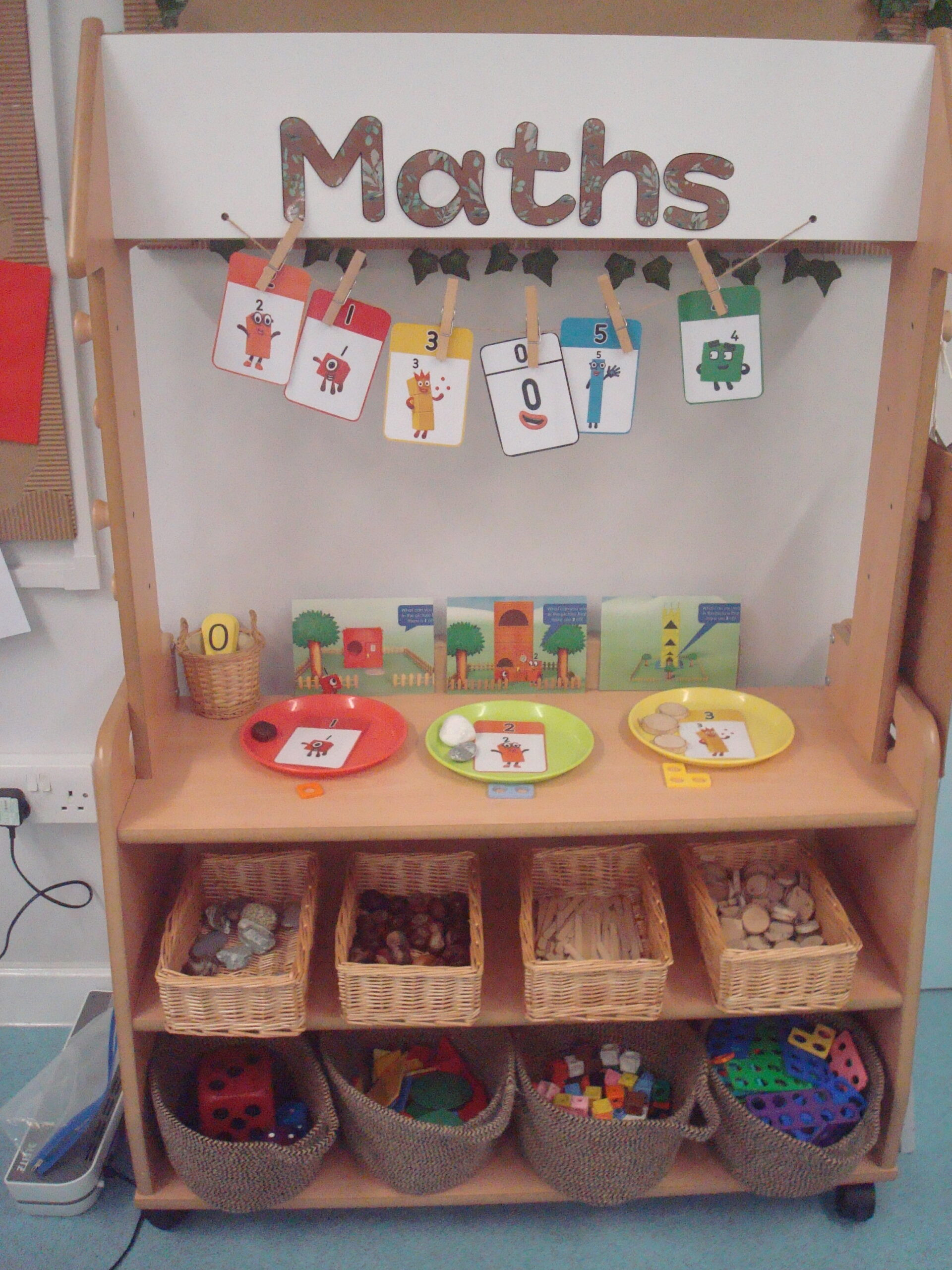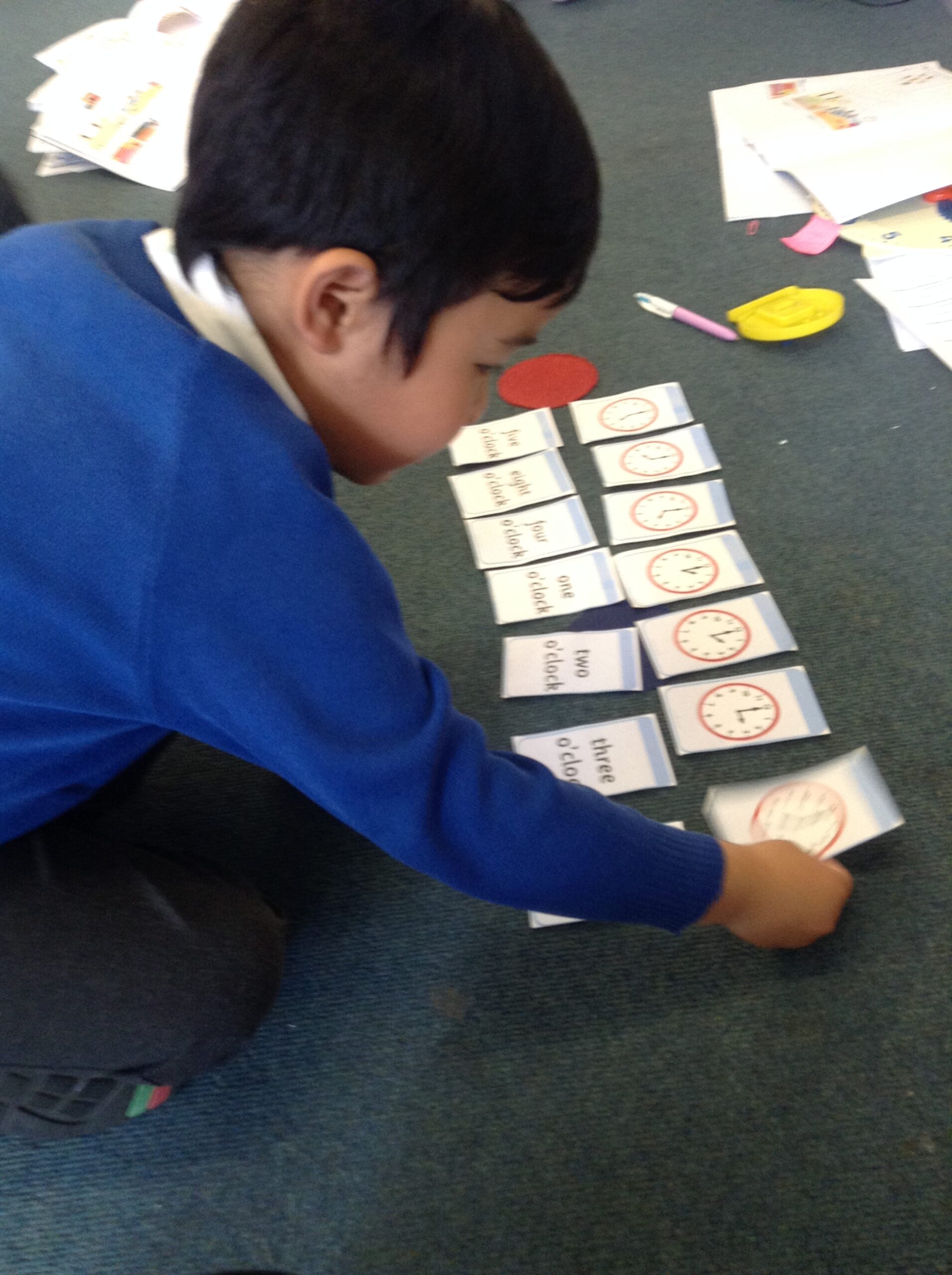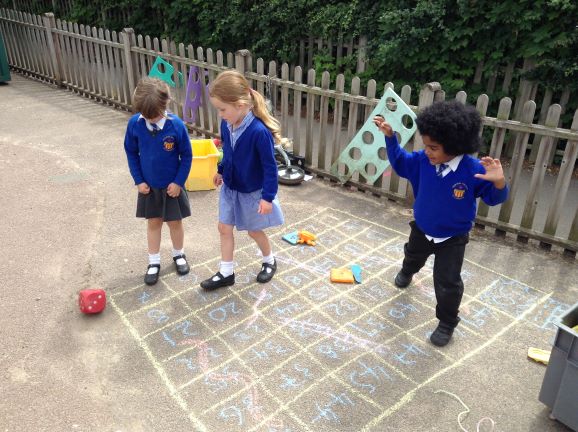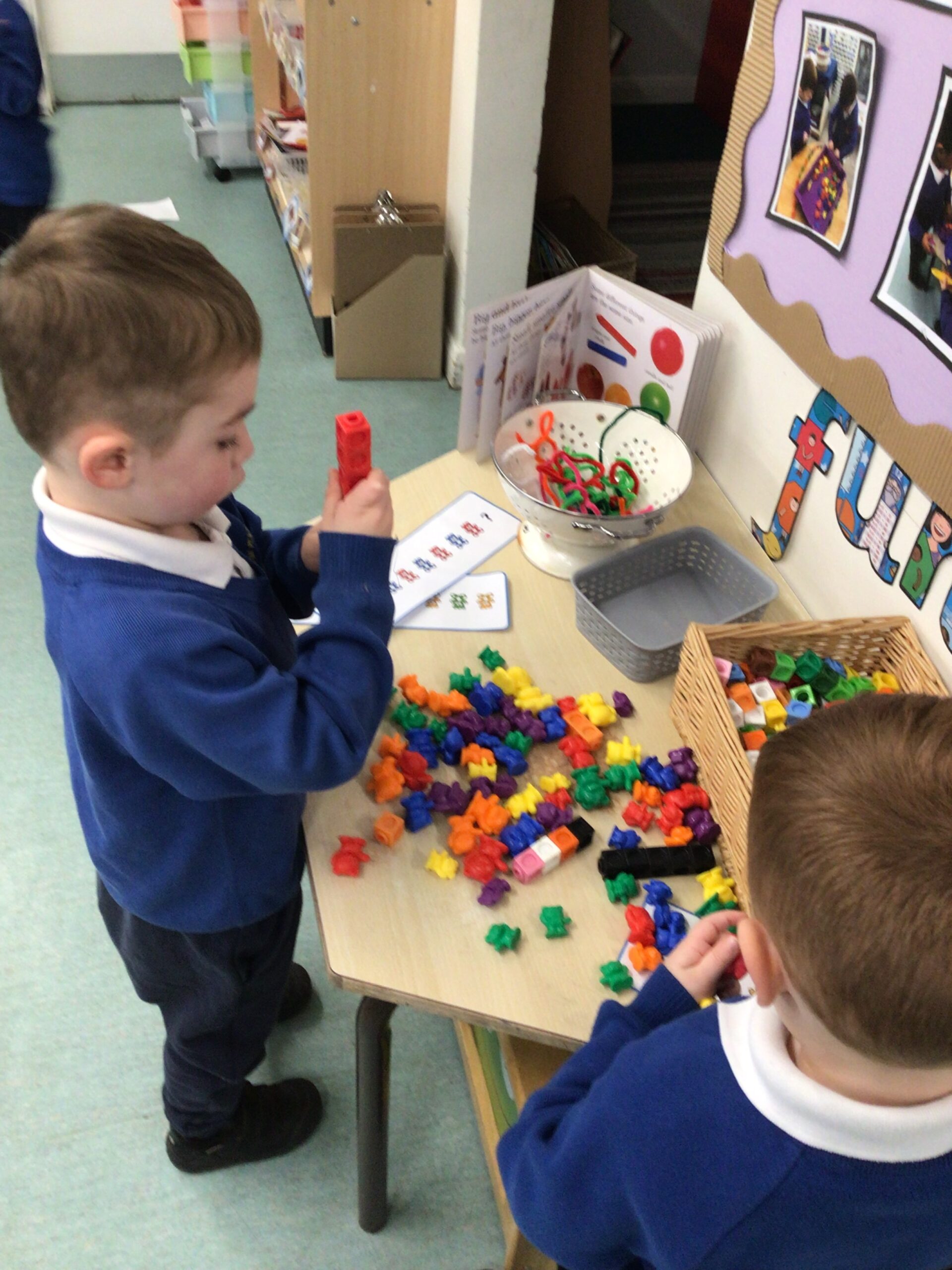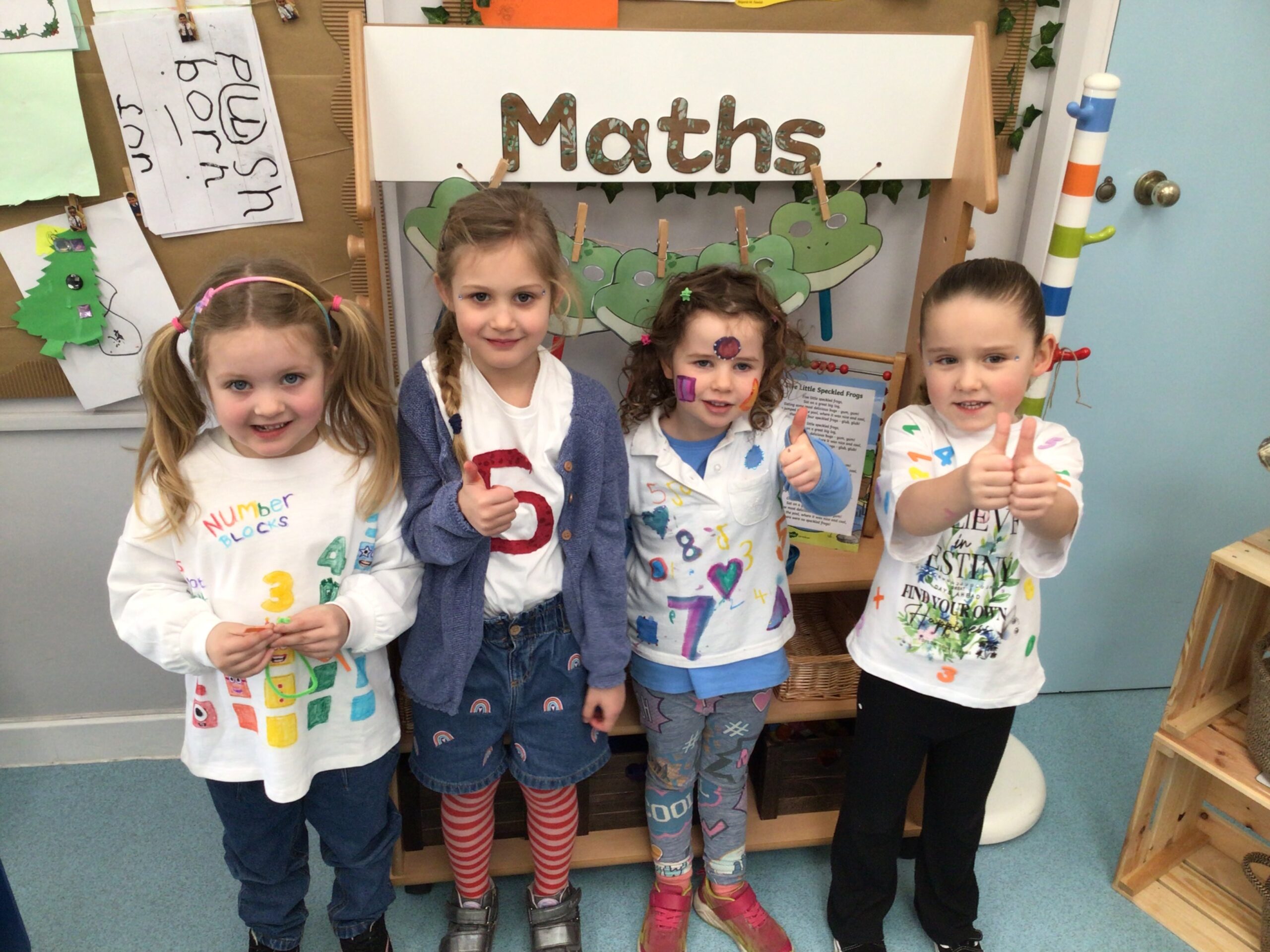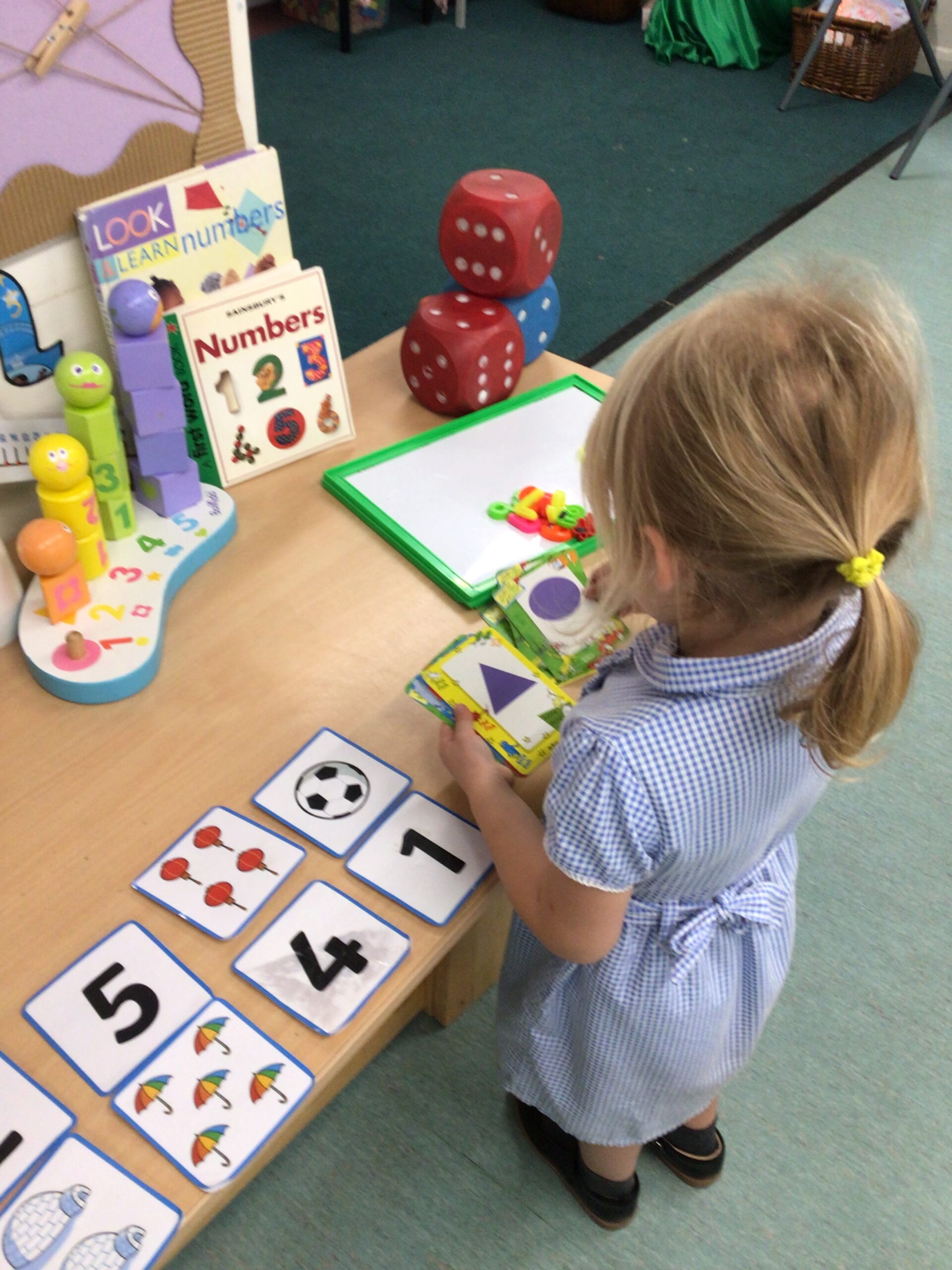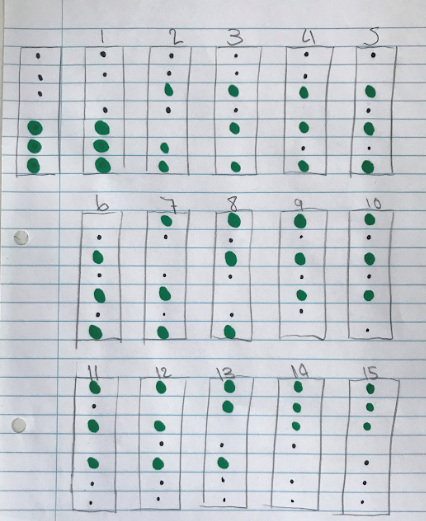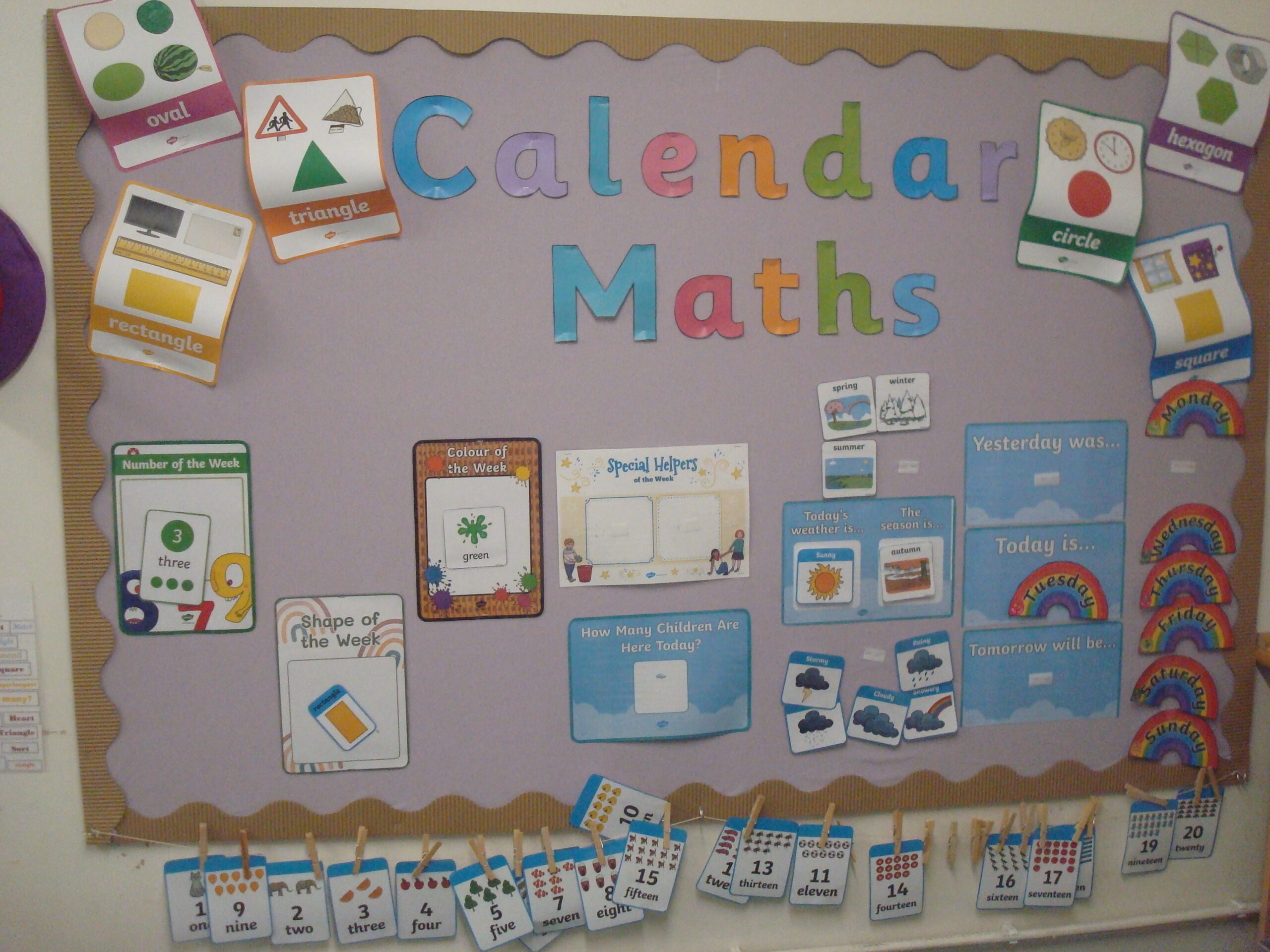Intent
Because maths is something that we will need to use every day, mathematics holds a very important part in our curriculum at St Adrian’s. We aim to ensure that children develop an enjoyment and enthusiasm for maths that will empower them and stay with them throughout their lives.
At St Adrian’s we teach mathematics through a maths mastery approach. Our aim is to develop a positive culture of deep understanding, confidence and competence in maths that produces strong, secure learning. In this way, children become mathematically fluent, have a ‘can do’ attitude and are eager to use their maths skills to explore different strategies and reason and solve problems. These problems are directly linked to the diverse world in which we live, so that children are able to make connections between mathematics and their everyday lives.


Implementation
Maths in the Early Years
The characteristics of effective learning underpin all learning in the Early Years. We make sure that every child, whatever their starting point, has the best start that they possibly can. High quality learning through purposeful play is provided in a stimulating and motivating environment that responds to the interests and needs of the children. Using resources from the Whiterose programme in Reception and Master the Curriculum in Nursery, children learn about number, pattern, shape and measures in all areas of their learning, so that they can make connections.
Play is what children and young people do when they follow their own ideas and interests, in their own way and for their own reasons. We believe that deep understanding is achieved when children are given plenty of time to play and explore and lead their own active learning. If children discover things for themselves, they are much more likely to remember it. With plenty of time provided for substantial conversations, high quality teaching and questioning from Early Years practitioners encourages children to think critically and test their ideas.
Early Years practitioners attend training, specifically linked to maths and spend time each week discussing the needs and interests of pupils in order to take learning forward in the best possible way.
Maths in Key Stage One and Key Stage Two
We use the Whiterose scheme of work which have been written to meet the requirements of the 2014 English national curriculum. The Whiterose scheme of work has been assessed by the DfE’s expert panel, which judged that it met the core criteria for a high-quality curriculum to support teaching for mastery.
Longterm plan: Yearly overviews that show what topics are taught when can be found here:
Across the school, the structure of the mathematics curriculum shows clear progression in line with age related expectations. At all ages, pupils learn to use concrete resources and pictorial representations, which enables them to fully understand mathematical concepts when they are presented in more abstract equations or problems. Maths vocabulary is displayed clearly on working walls and pupils are encouraged to share their ideas and explain their strategies to develop their mathematical thinking further. New curriculum content is taught in blocks, which breaks down the teaching sequence into small achievable steps to deepen understanding. In addition, key mathematical knowledge and skills are revisited daily to embed learning as this maths fluency is vital for pupils to reason and solve problems. In this way, children receive a minimum of five maths learning sessions each week with additional activities devoted to number fluency and times tables.
This approach enables pupils to progress through the curriculum content at broadly the same pace. Marking and feedback, including verbal feedback is used to take children’s learning forward. End of term review sheets are used as a diagnostic tool so that any gaps in understanding are addressed and to ensure that any necessary interventions are targeted specifically to meet the needs of children. Where children require additional support, ‘scaffolds’ are used to support children further to ensure that they have secured the small step. These ‘scaffolds’ may be in the form of returning to concrete resources or pictorial representations or making connections with concepts that children are already secure in. Pupils who grasp concepts quickly deepen their learning through the challenge of rich and sophisticated problems within each topic. In this way, our maths curriculum matches the needs and abilities of each of our children to ensure that all pupils are able to excel.
- For further information on the core concepts underpinning our mathematics curriculum, view these Parent Videos that can be found on the Maths – Whiterose Website.
- If you would like a more detailed guide to skills progression and how the White Rose scheme links to the Maths National Curriculum, download the document below.
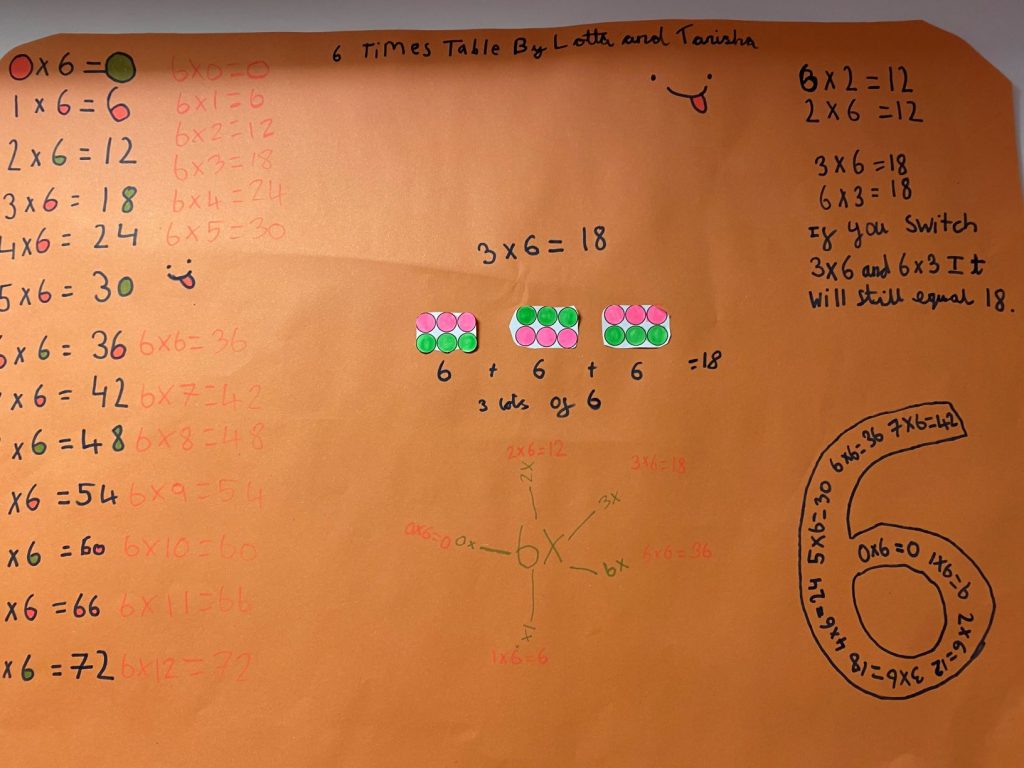
Times tables play an important part in our maths learning, with children developing their fluency in rapid recall of tables up to 12 x 12 by the end of year 4. Pupils deepen their understanding by starting with concrete resources and moving onto pictorial representations before learning each times table as a more abstract equation. While the rapid recall of times tables is developed, children also learn how to apply and manipulate their understanding of these to reason and solve problems.
Impact
By the time that they start secondary school, we aspire that a St Adrian’s mathematician will have a bank of efficient and accurate maths skills that they can use to solve problems and calculate effectively. Through the use of a Concrete Pictorial Abstract approach, they will have a deep understanding of maths concepts and will be able to justify, reason and explain their answers articulately. They will have a range of efficient strategies to draw upon if an initial method does not work or if an answer does not make mathematical sense. Children will also be able to apply these calculation and maths skills across the curriculum and are confident to choose the best maths to complete a task.
Helping your child at home

All KS2 children have a subscription to Times Table Rockstar which has a wealth of games that the children love to play to improve their recall of multiplication facts. ttrockstars
KS1 children all use Numbots as part of their home learning activities to speed up and improve the accuracy of their number calculations. https://numbots.com/


The Oxford University Press have developed this site to support parents in helping their children with mathematics. You’ll find lots of advice and support, games and activity ideas for how best to help your children develop as a mathematician. There’s also information on what is taught in primary school maths lessons, and what some of the ‘jargon’ means! Maths – Oxford Owl
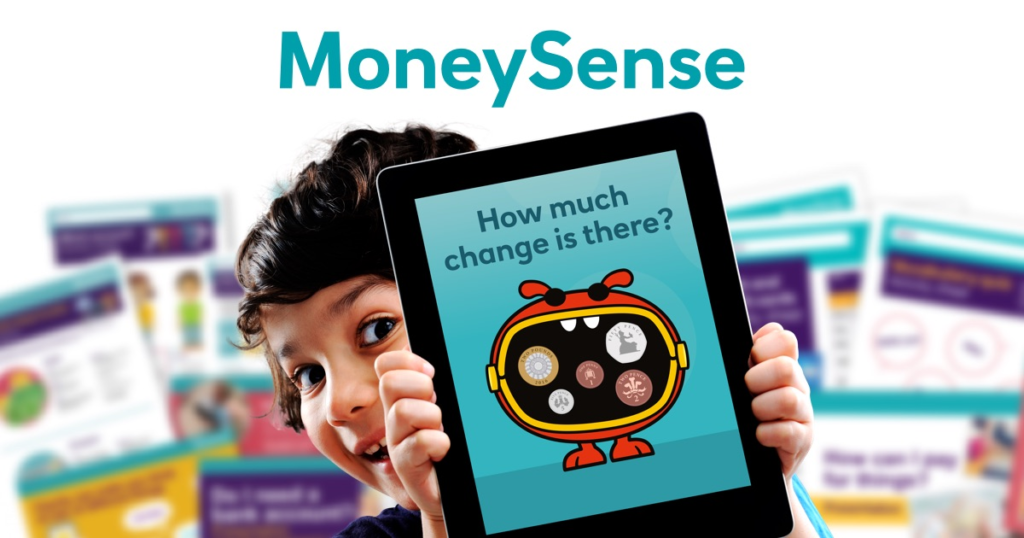
The Natwest have this great site for helping children to develop money sense: Money Learning Resources
Making maths fun
Maths games don’t have to be computer-based; there are lots of ways you can bring maths to life for your child through simple games and activities.
Board games can be great for developing a child’s maths skills, helping them to become comfortable in pattern spotting and playing with numbers. Great games include: Monopoly, Snakes and Ladders, Shut the Box, Darts, Dominoes and Mancala.
Whether out shopping, using the concept of money to develop your child’s arithmetic skills, or helping them to better understand measurement when baking or putting together the new rabbit’s hutch, there’s always an opportunity for a maths moment!
